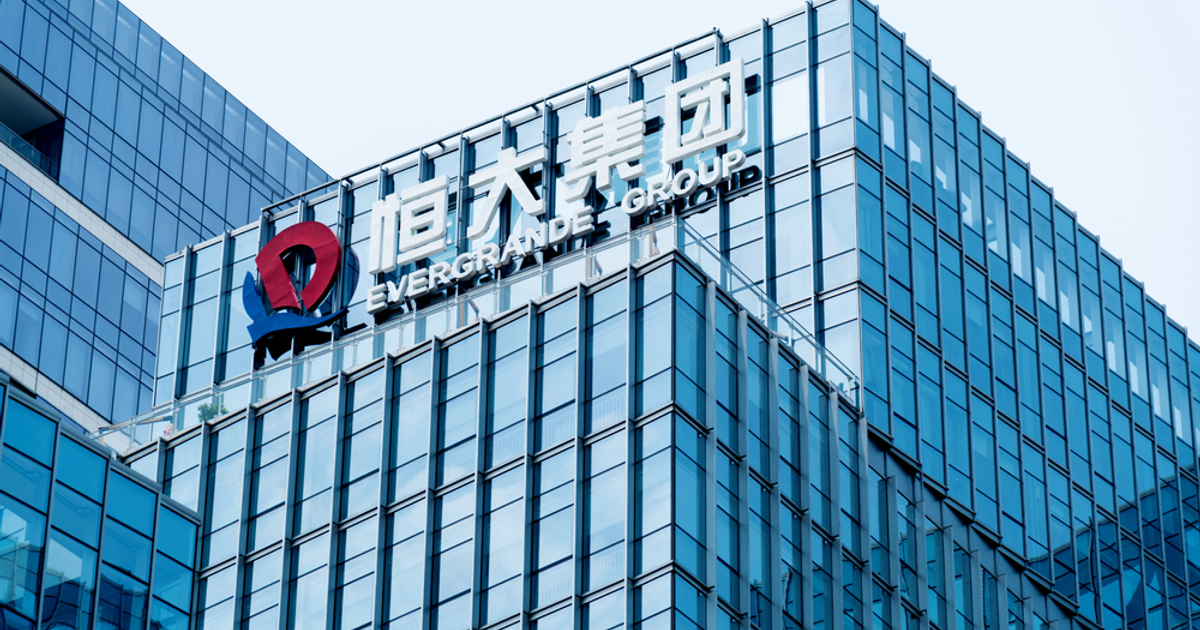Netflix is ‘talking to all’ potential ad partners, Ted Sarandos tells Cannes
The Netflix co-CEO took to the main stage as rumors surrounding Google, FreeWheel and others swirl.

Honored as the Cannes Lions 2022 Entertainment Person of the Year, Ted Sarandos took to the main stage on Thursday in Netflix’s festival debut. The co-CEO answered questions about the streamer’s recent stock decline and more-is-more content approach, while sidestepping those about rumored ad deals and platform competitors.
Interviewed by New York Magazine Editor-At-Large Kara Swisher, Sarandos began by explaining Netflix’s recent trouble on Wall Street, which some have interpreted as a doomsday omen for the platform. Defending the stock decline, Sarandos said Netflix has gone through numerous phases where the “market disconnects from the core business,” but that he views each instance as an opportunity to prove the company’s “thesis." The thesis, he explains, is the understanding that the evolution of TV from linear to streaming is still in its early days, and as the percentage continues to shift from the former to latter, Netflix has nothing but room to grow.
One of the flashiest ways Netflix is growing is the introduction of a lower-priced ad-supported tier, which Sarandos said he can’t yet reveal a launch date for as Netflix is “still working on that.” The most definitive answer he provided on the timeline was, “Sooner than later.”
In Cannes, rumors have been swirling throughout the week that Netflix would be sealing the deal on partnerships for its developing ad structure. Google has been in conversations with Netflix this week, and when John Whitticomb, chief product officer at Comcast-owned FreeWheel, was asked about Netflix’s ad offering during an Experian panel, he just said “no comment.”
Sarandos brushed off the specifics regarding any ad deal, saying that Netflix is “talking to all of them.” However, he did specify that the primary box a potential partner should check is “a pretty easy entry to the market.”
He went on to explain that Netflix’s initial ad integration is not what he dreams of for the company, and that someday the platform may look to take ad operations internally to give it more control. Ultimately, the streamer wants to offer creative ad products “better than TV.” Sarandos referenced his past life in merchandising for physical media company West Coast Video, specifically the original release for “Top Gun.”
Sarandos recalled a Pepsi commercial that came on the VHS. “The ad was kickass, with this aerial photography…and it felt like an extension of the movie. People loved it and it's a great extension for Pepsi.”
When Swisher asked for an example of a competitor he thinks has done a good job with their platform, Sarandos began, “It’s probably not for me to do that.”
Sarandos then pivoted to discussing content. Netflix has been criticized for its content overload approach to production compared to deliberate premium channels such as HBO, but Sarandos said Netflix’s advantage is in not just providing one person with shows and films they love, but doing that for every subscriber. “If you really love ‘Star Wars’ and Marvel, Disney’s probably the service for you. Our key is, can we have the engagement with consumers such that they will complement it with other subscriptions,” he said.
“People's tastes are so diverse,” he said. “So, every time people say, ‘That's a lot of content,’ I say, ‘It's not all for you.’ And we’re really trying to make your favorite show, my favorite show—they probably don't line up. We do well at that, and then the UI is used to kind of personalize so I find my favorite show. That scales infinitely.”
According to Sarandos, Netflix has 20 genres of shows and movies to choose from, and the average viewer consistently watches six. He called onto the projector screen an image of the “Bridgerton” poster, which was animated with a web connecting it to other Netflix programming. He said the obvious connection was romance and drama, but that the Netflix algorithm can apply one’s personal preferences when deciding where to direct them next, regardless the genre. Thus, Netflix has enormous, yet niche, demand to meet across its entire audience.
Sarandos also dispelled the rumor that Netflix may seek to buy out Roku to cover device integration and data capabilities, stating that Netflix is already ubiquitously distributed on internet-enabled devices and that “we would be better off getting Netflix embedded in every device than we will be competing in the device world.”
One of Swisher’s final questions was on Netflix’s continued support of Dave Chappelle, the comedian who has repeatedly come under fire for his jokes concerning the LGBTQ+ community. Sarandos said the platform is careful in picking partners with a diversity of outlooks and feels an obligation to have their backs.
“We're programming to people with a real variety of tastes and sensibilities and how they were brought up and what they think is offensive, or what they think is damaging to themselves, or their children,” he said. “So the variety of how you can plan the same thing for everybody—it's an impossible feat.”
Sarandos said that Netflix’s queer content receives the same support. “I do think supporting expression is really important,” Sarandos said. “I think it's almost impossible for me to censor Dave in the U.S. and then I've got people from all over the world who are super offended by our LGBTQ+ content—they want to take it down and they think it's super harmful; they think it's destroying their society—And not only do we fight for it, we fight it all the way to the Supreme Court and have never take it down anywhere in the world.”

 KickT
KickT 






























